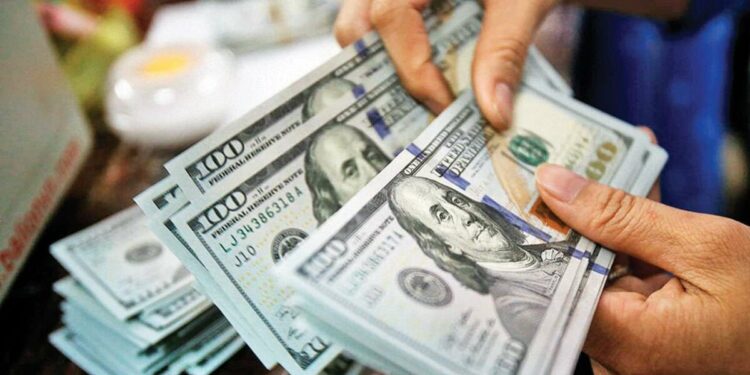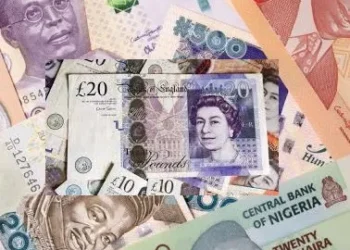The Economist Intelligence Unit (EIU) has predicted that the pressure on Nigeria’s currency, the naira, is likely to persist in the near term, with a forecast of it falling as low as N1,018 per dollar by 2027. The continuous depreciation of the naira is expected to be influenced by high and rising inflation rates that have been plaguing the country’s economy.
According to the EIU’s latest report, the average exchange rate is projected to be N815 to US$1 in 2024, with a gradual slide to N1,018 to US$1 by the end of 2027. Additionally, the report highlights that there will be a spread of 10-15 percent against the black-market exchange rate over the given period.
The ongoing depreciation of the naira was exemplified on Friday when it depreciated by 0.93 percent at the Investors’ and Exporters’ (I&E) forex window, which is Nigeria’s official foreign exchange market. The decline in value came in response to a shortage of dollars in the market.
Data from the Financial Markets Dealers’ Quotations (FMDQ) revealed that after Friday’s trading session, the dollar was quoted at N775.76, compared to N768.60 the previous day at the I&E window.
Furthermore, the FX market witnessed a notable decline in turnover, falling by 38.89 percent to $54.18 million on Friday from $88.66 million on Thursday. Bids from willing buyers and sellers were maintained as high as N799.50 per dollar, indicating a stronger position for the naira compared to previous days.
However, the parallel market showed some strength for the naira as it gained N3, with the dollar trading at N867 at the market’s close on Friday, as opposed to N870 earlier in the day. This represented a 0.34 percent gain when compared to the rate at the beginning of the trading week.
The EIU report also highlighted that the Central Bank of Nigeria (CBN) had previously taken steps to unify the country’s multiple exchange rates in June 2024. This led to the sharpest devaluation of the naira in history and resulted in a significant narrowing of the spread with the black-market rate to about 3 percent. However, foreign-exchange scarcity is expected to persist despite this move.
The CBN’s current exchange rate of N775.76/$ is classified as a “managed float,” but the EIU analysts pointed out that there are still inconsistencies in the application of a more liberal currency regime, as foreign-exchange access restrictions continue to apply to various imports. These restrictions may cause concerns among foreign investors, and coupled with deeply negative real interest rates, liquidity is expected to remain tight.
Looking forward, the EIU believes that the CBN may revert to heavier management of the exchange rate in late 2023 as a measure to control rapid price rises.
As Nigeria continues to grapple with economic challenges, it remains to be seen how the government and central bank will address the pressures on the naira and work towards stabilizing the currency for the overall well-being of the nation’s economy.










